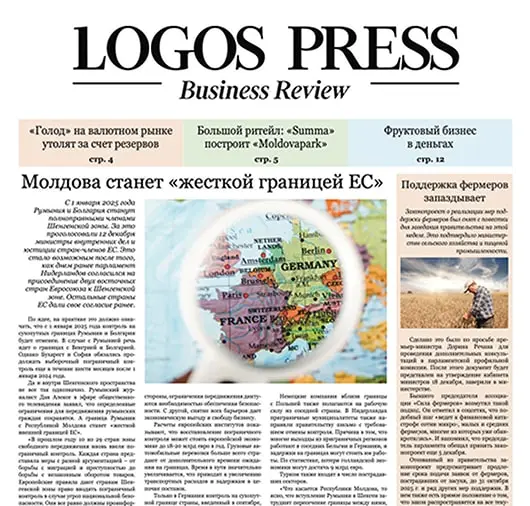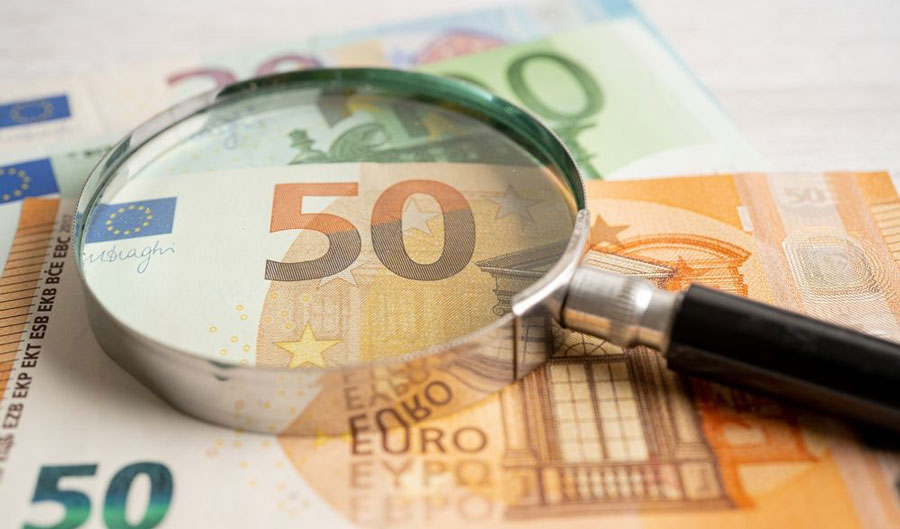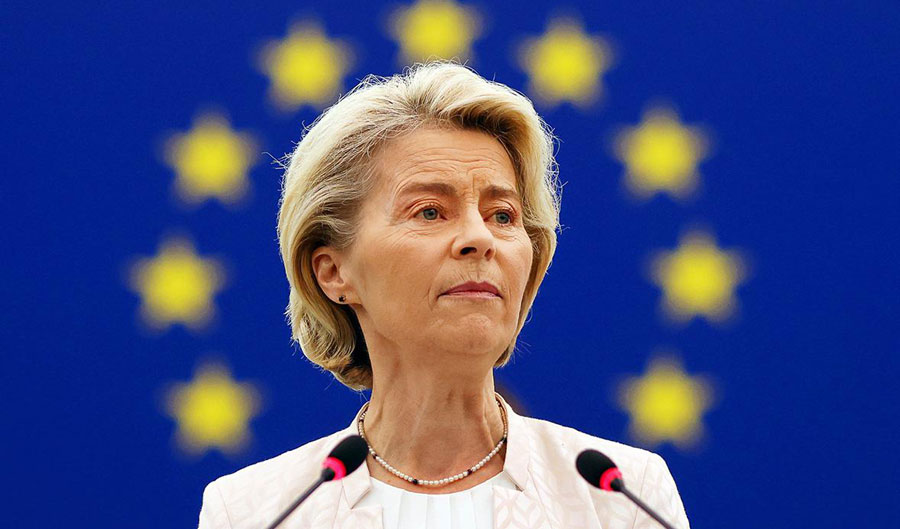Send us a message, and we will definitely consider your suggestions and comments.
Category: Logos Press Exclusive
During the first four months of 2025, 56 Norwegian citizens debated how Norway’s vast oil wealth can best serve current and future generations – at home and abroad. Unlike traditional decision-making methods, where elected officials and experts determine policy, the so-called Commission for the Future (the second such assembly in Norwegian history) allowed ordinary citizens, selected through a representative and knowledgeable process, to make recommendations in informed discussions.

Even before U.S. President Donald Trump’s attack on the global economy, it was experiencing not only a structural crisis, but also a crisis of values that once justified and guided international cooperation. The declining role of multilateralism, i.e. multilateral relations, is explained not only by the weakening of international organizations and geopolitical tensions, but also by the loss of unified principles of international cooperation, the shift to unilateralism, transactional diplomacy, and zero-sum nationalism.

The need for legal reform in Moldova is obvious to everyone. It is also included in the list of the country’s unconditional priorities in the process of European integration. However, not only lawyers and legal scholars, but also politicians, analysts and representatives of civil society are quite critical of both the methods and objectives of this key reform and its results.
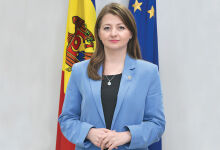
The third UN Ocean Conference ended in Nice with much accomplished. But there is also much unfinished business for the world to discuss at this year’s UN Climate Change Conference (COP30) in Belém, Brazil.
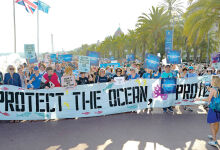
In early June, after finishing his job as a “special government employee,” Ilon Musk almost immediately began criticizing Donald Trump and Republican congressmen’s bill known as the “One Big Beautiful Bill.” The package, which includes big budget deficit spending and tax cuts, would bankrupt America, Musk warned, calling on senators and congressmen to “kill this bill.”
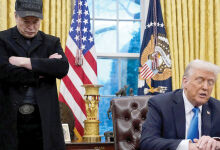
Against the backdrop of the worsening climate crisis, the EU and the UK are gradually introducing the “Border Carbon Adjustment Mechanism” (CBAM for short). They present it as a key instrument that will link trade with climate policy. However, the CBAM’s ambitious goals are causing growing discontent.

Over the past two months, financial investors have come up with a new trading strategy based on a simple rule – TACO. This is an acronym for the phrase “Trump Always Chickens Out”, meaning “Trump is always scared”. America’s president threatens to impose huge duties on imports from friendly and hostile countries or fire the chairman of the Federal Reserve, but then backs down because the uncompromising scourge of the market forces him to exercise discipline. Then Trump switches to duties again, and then backs off again.

When German Chancellor Friedrich Merz took office on May 6, 2025, few expected the swiftness with which he began to reshape the country’s foreign policy. But the tone has unequivocally changed. Germany’s long era of strategic uncertainty is coming to an end.

In the Middle Ages, usually only the court jester dared to tell the king an inconvenient truth. In the United States, under the ersatz court of President Donald Trump, who longs to be a monarch, the bond market has taken over that role.
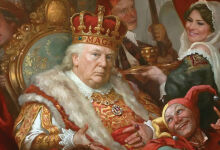
It seems that the global economic situation will get worse – probably much worse – before there is any improvement.
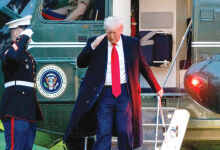
For at least a while, the U.S. has abdicated its role as the leader of the global clean energy transition. U.S. President Donald Trump has not only reversed the clean energy goals set by his predecessor, but also refuses to recognize the serious health, economic and security risks posed by climate change even to Americans, let alone traditional U.S. allies and partners in the world. The Trump administration has chosen to focus on revitalizing the coal industry and increasing oil and gas exports in an attempt to achieve “energy dominance” over friends and foes alike.

The EU executive is now considering contingency plans in case a new agreement with Ukraine is not concluded before the current tariff-free scheme expires in less than a month.

